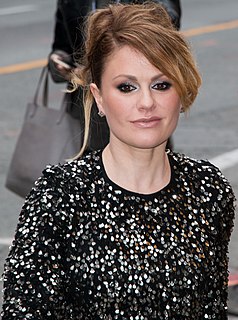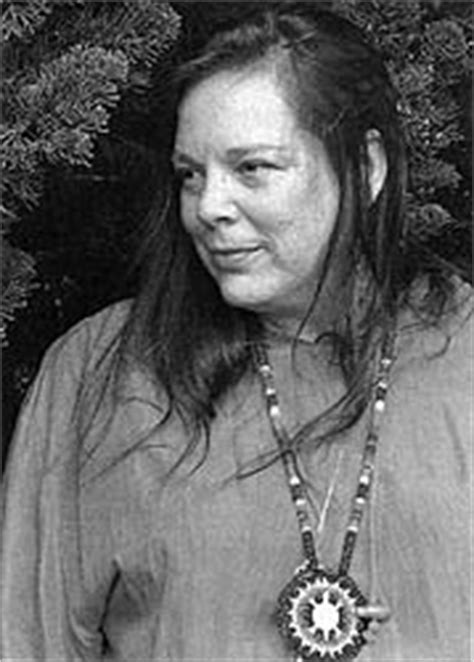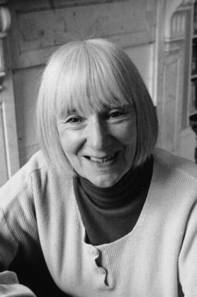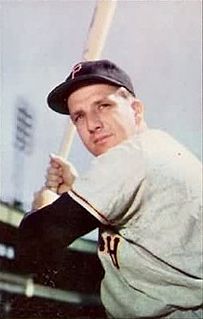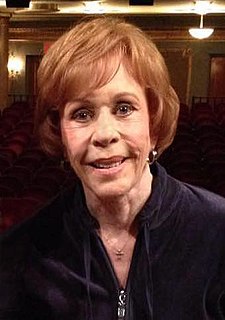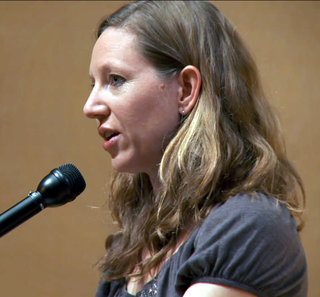A Quote by Anna Paquin
We all had to learn Southern accents. It wasn't a big research show. With the 'Wounded Knee' project, I locked myself in my apartment with history books so I would know what we're talking about.
Related Quotes
Fortunately, I come from an activist mother, so I didn't have to rely on the history books. The history books teach us nothing about the Underground Railroad aside from Harriet Tubman. So I knew more about it but, obviously, I had to dig deeper and expand my knowledge and do a lot of research once I took this project on. I had, like, a good two months to research before we started shooting, which isn't a lot, and I continued it throughout the five months of us shooting.
She stood looking carefully at the labeled portraits Ursala had put up: Little Crow, Chief of the Santees, Geronimo, last of the Apaches, and Ursala's favorite, Big Foot, dying in the snow at Wounded Knee. "Isn't that where the massacre was?" asked Ellen. "Yes. I'm going to go there when I'm grown up. To Wounded Knee." "That seems sensible," said Ellen.
Jimmy Carter, of course, was beloved. Peanut farmer. Came out of nowhere, governor of Georgia. Normally Democrats hate Southern accents, 'cause Southern accents equals Deliverance, equals hayseed, equals idiot. But if it's one of them... But you had to look the other way with Jimmy Carter and then here came Bill Clinton later. So depending on where the Southern accent's from, they'll make an exception and not be prejudicial about it. But for the most part, a Southern accent may as well be a slave owner as far as Democrats are concerned; they want no part of it.
[Judge and Jury] is outstanding. I have
learned more about the history of
baseball, true history, than from
anything I have ever read or heard
about. [It's] research and documentation
clarifies so many of the personalities
and events that took place before 'my
time' in the game. Jacques Barzun's
quote: 'Whoever would know the heart
and mind of America had better learn
baseball' should be supplanted by [this]
biography of Landis.
I had to really learn what it meant to be on a set and what the expectations were and what producers are. I had to learn who I'm talking to and what their functions are. I had a couple of gaffes: I would ask a person a question, and it wasn't their job. I had to Google their job description. That was the first big adjustment.
Many people talk about me entering the history books as the first female in 22 years and what a big moment it was. And I'm very flattered that I managed to do something historic, but in all honesty I was out there for me as a racing driver and to show everybody what Susie Wolff is capable of not to put my name in the history books.
Whenever you get involved with talking about rights, you're talking about being a citizen. You're talking about being a citizen in capitalism; you're talking about what rights are granted to what identities, under what laws, and all that is a big mix. Marriage is, among many other things, a formality to channel capital through a family. And that's why the big DOMA lawsuit was about paying too many taxes! "I wouldn't have had to pay all these taxes if Theodora had been Theo" - that was the big tagline. It's all about protecting assets.
I like as much time as I can get and I'll do whatever I think is helpful to prepare for a role. Sometimes it's practical research, meaning if I had to write shorthand, I'd learn how to write shorthand. Or if I have to know how to dance a certain way, I would learn that. And then there's just research of talking to people similar to the characters I'm playing. And there's stuff that I just feel is inspiring, whether it be music or a painting or a photograph. I've used a lot of Nan Goldin's photos in the past to inspire me. I use certain paintings and pieces of music.
